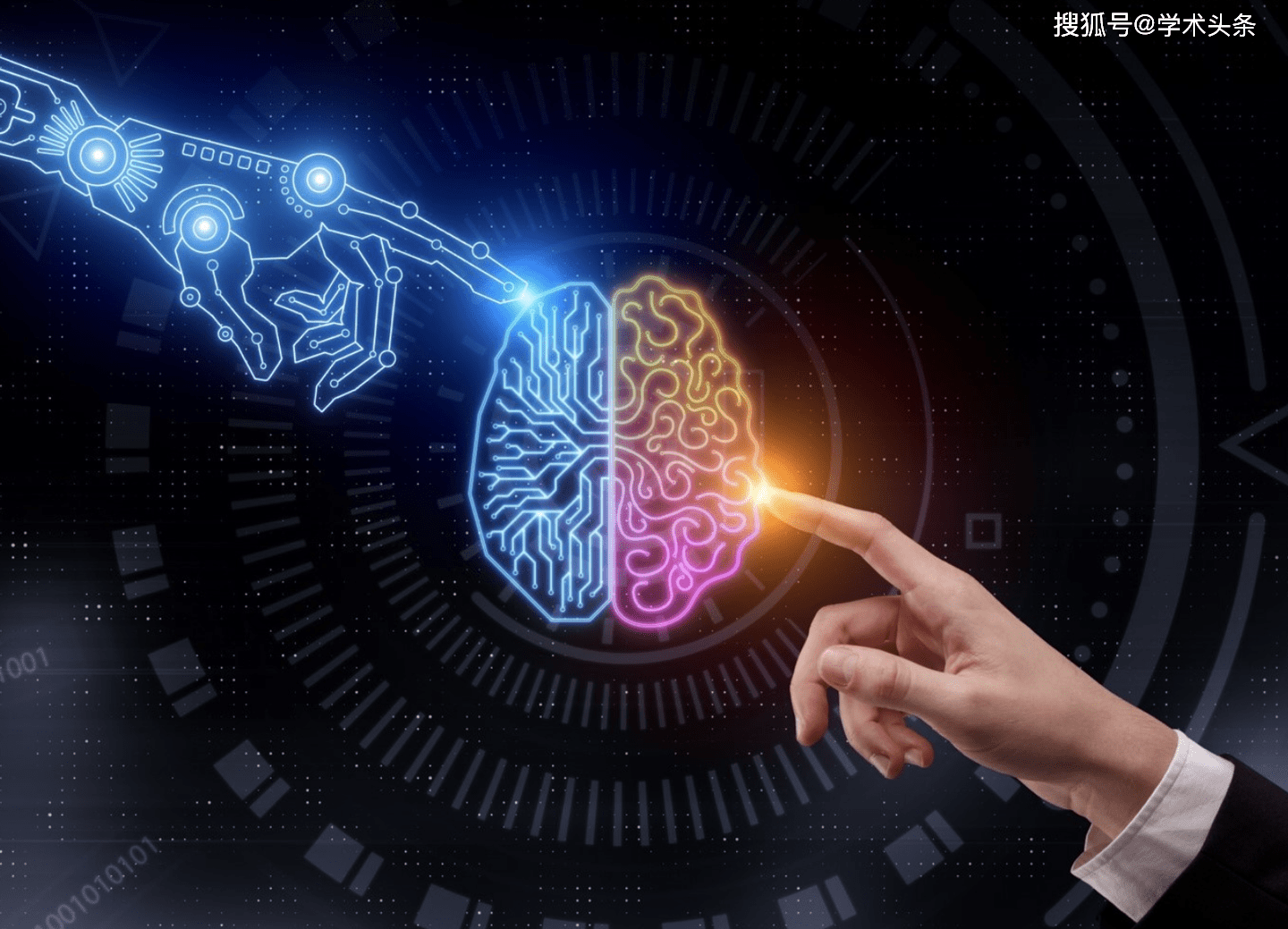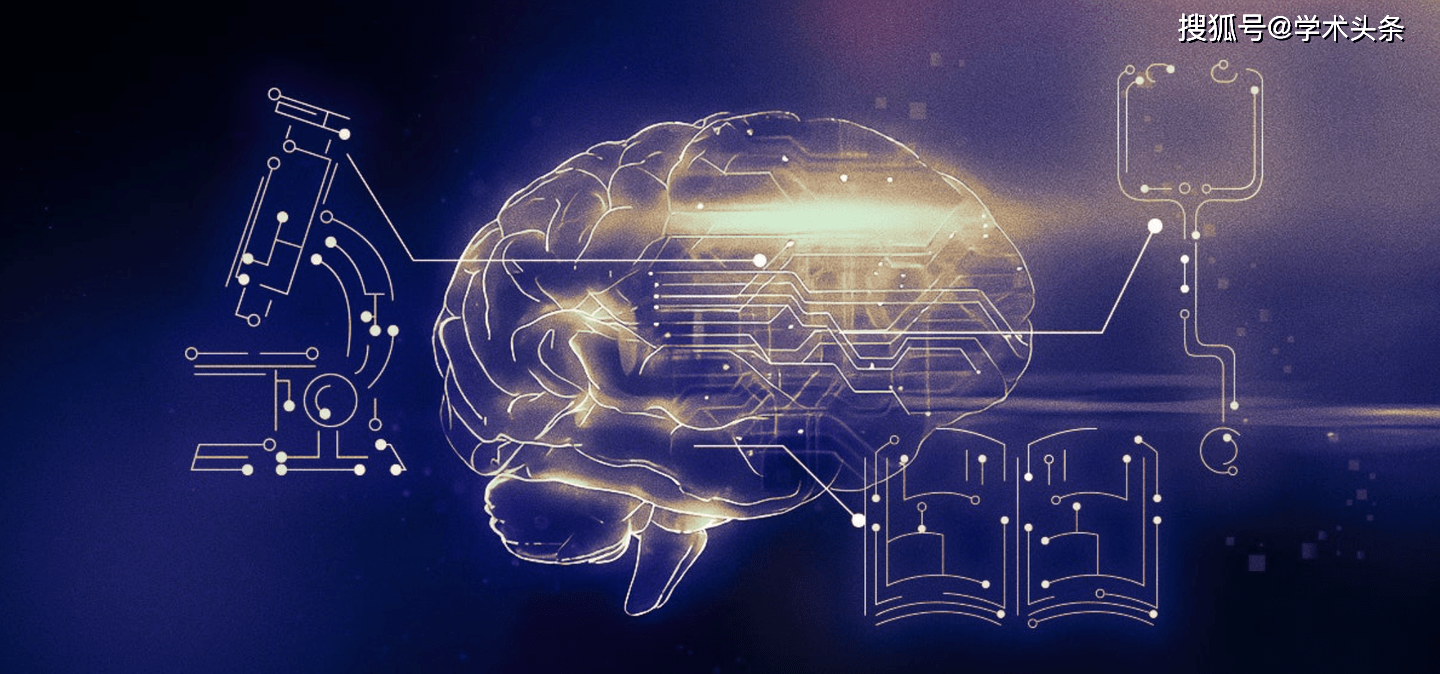 Technology peripherals
Technology peripherals
 AI
AI
 Call for Papers丨IJCAI'23 Large Model Forum, excellent submissions are recommended for publication in AI Open and JCST
Call for Papers丨IJCAI'23 Large Model Forum, excellent submissions are recommended for publication in AI Open and JCST
Call for Papers丨IJCAI'23 Large Model Forum, excellent submissions are recommended for publication in AI Open and JCST
In the first LLM@IJCAI'23 Symposium call for papers, outstanding submitted papers are recommended for publication in "AI Open" and "JCST".
Large-scale language models (LLMs), such as ChatGPT and GPT-4, have revolutionized the field of artificial intelligence with their superior capabilities in natural language understanding and generation.
LLMs are widely used in various applications, such as voice assistants, recommendation systems, content generation models (such as ChatGPT), and text-to-image models (such as Dall-E), etc.
However, these powerful models also pose significant challenges to their security and ethical deployment. How to ensure that LLMs are fair, secure, privacy-preserving, explainable and controllable?

Provide a platform for academic researchers and industry practitioners to discuss the latest progress and unsolved problems in the field of LLMs. Professor Chen Lei and Professor Yang Qiang of Hong Kong University of Science and Technology and Professor Tang Jie of Tsinghua University and others organized the first Symposium on Large Language Models (LLM 2023) at the IJCAI2023 conference, about large Workshop on Model Progress and Issues.
The seminar will cover two topics: a) introduce the latest advances in basic LLMs and their applications in different fields; b) address the issues and challenges faced in building trustworthy LLMs.
We hope that this symposium can promote interdisciplinary cooperation and exchange of ideas among participants, and contribute to the development and use of LLMs that can benefit mankind. Excellent submitted papers are recommended for "AI Open" (EI search) and "JCST" (CCF-B) published.
Official website address:
https://bigmodel.ai/llm-ijcai23/

Call for papers
LLM@IJCAI'23 is a non-archival symposium. At least one author of each selected paper must attend the conference to present the paper.
We welcome submissions on the latest advances and applications of large models (LLMs), with an emphasis on improving trust in the use of LLMs. Topics discussed include (but are not limited to):
Techniques:
- Advanced model architectures for LLMs, e.g., Transformer architectures and attention mechanisms.
- Advanced algorithms for improving performance, cost, robustness, and complexity of LLMs.
- Model transfer and compression techniques for LLMs.
- Federated Learning for LLMs.
- Prompt Engineering for LLMs.
Applications:
- Innovative applications of LLMs in various domains, e.g., psychotherapy, elderly care, etc.
- Educational technologies based on LLMs such as chat-bots, content generation, feedback systems, etc.
- Natural language understanding and generation tasks using LLMs, e.g., storytelling, marketing copywriting, etc.
- LLMs for health care, protein synthesis, etc.
Challenges
- Ethics, social economics, and trustworthiness of LLMs.
- Data labeling and quality issues for training LLMs.
- Privacy and security risks of models and data used by LLMs.
- Potential bias and unfairness in the output of LLMs
- Human oversight and intervention mechanisms for controlling LLMs.
- Hallucination detection and alleviation for LLMs.
- Emergent behavior in LLMs
Important dates
- Deadline for paper submission: June 3, 2023
- Paper acceptance notification date: June 15, 2023
- Seminar date: August 21, 2023
Submission method
- Each submission can contain up to 7 pages of content, plus up to 2 pages of references and acknowledgments.
- The submitted paper must be written in English and saved as a PDF file in accordance with the IJCAI'23 template format.
- All submitted papers will undergo a one-way blind review to evaluate their performance in terms of innovation, technical quality and impact.
- Submitted papers may include author details.
Please submit through the Easychair submission website:
Here is the link to the LLM-IJCAI 2023 conference on EasyChair.
Papers that meet the IJCAI'23 standards must ensure that at least one author attends the conference in person. In addition, the same paper may not be submitted to multiple IJCAI seminars/workshops at the same time.
Organizer
General Co-Chairs
Chen Lei, Hong Kong University of Science and Technology
Tang Jie, Tsinghua University
Yang Qiang, Hong Kong University of Science and Technology, WeBank AI
Program Co-Chairs
Dong Yuxiao, Tsinghua University
Fan Lixin, WeBank AI
If you have any questions, please email llm-ijcai23@easychair.org.
The above is the detailed content of Call for Papers丨IJCAI'23 Large Model Forum, excellent submissions are recommended for publication in AI Open and JCST. For more information, please follow other related articles on the PHP Chinese website!

Hot AI Tools

Undresser.AI Undress
AI-powered app for creating realistic nude photos

AI Clothes Remover
Online AI tool for removing clothes from photos.

Undress AI Tool
Undress images for free

Clothoff.io
AI clothes remover

Video Face Swap
Swap faces in any video effortlessly with our completely free AI face swap tool!

Hot Article

Hot Tools

Notepad++7.3.1
Easy-to-use and free code editor

SublimeText3 Chinese version
Chinese version, very easy to use

Zend Studio 13.0.1
Powerful PHP integrated development environment

Dreamweaver CS6
Visual web development tools

SublimeText3 Mac version
God-level code editing software (SublimeText3)

Hot Topics
 1664
1664
 14
14
 1422
1422
 52
52
 1316
1316
 25
25
 1267
1267
 29
29
 1239
1239
 24
24
 Remove duplicate values from PHP array using regular expressions
Apr 26, 2024 pm 04:33 PM
Remove duplicate values from PHP array using regular expressions
Apr 26, 2024 pm 04:33 PM
How to remove duplicate values from PHP array using regular expressions: Use regular expression /(.*)(.+)/i to match and replace duplicates. Iterate through the array elements and check for matches using preg_match. If it matches, skip the value; otherwise, add it to a new array with no duplicate values.
 What is programming for and what is the use of learning it?
Apr 28, 2024 pm 01:34 PM
What is programming for and what is the use of learning it?
Apr 28, 2024 pm 01:34 PM
1. Programming can be used to develop various software and applications, including websites, mobile applications, games, and data analysis tools. Its application fields are very wide, covering almost all industries, including scientific research, health care, finance, education, entertainment, etc. 2. Learning programming can help us improve our problem-solving skills and logical thinking skills. During programming, we need to analyze and understand problems, find solutions, and translate them into code. This way of thinking can cultivate our analytical and abstract abilities and improve our ability to solve practical problems.
 Unleash Your Inner Programmer: C for Absolute Beginners
Oct 11, 2024 pm 03:50 PM
Unleash Your Inner Programmer: C for Absolute Beginners
Oct 11, 2024 pm 03:50 PM
C is an ideal language for beginners to learn programming, and its advantages include efficiency, versatility, and portability. Learning C language requires: Installing a C compiler (such as MinGW or Cygwin) Understanding variables, data types, conditional statements and loop statements Writing the first program containing the main function and printf() function Practicing through practical cases (such as calculating averages) C language knowledge
 Problem-Solving with Python: Unlock Powerful Solutions as a Beginner Coder
Oct 11, 2024 pm 08:58 PM
Problem-Solving with Python: Unlock Powerful Solutions as a Beginner Coder
Oct 11, 2024 pm 08:58 PM
Pythonempowersbeginnersinproblem-solving.Itsuser-friendlysyntax,extensivelibrary,andfeaturessuchasvariables,conditionalstatements,andloopsenableefficientcodedevelopment.Frommanagingdatatocontrollingprogramflowandperformingrepetitivetasks,Pythonprovid
 Build browser-based applications with Golang
Apr 08, 2024 am 09:24 AM
Build browser-based applications with Golang
Apr 08, 2024 am 09:24 AM
Build browser-based applications with Golang Golang combines with JavaScript to build dynamic front-end experiences. Install Golang: Visit https://golang.org/doc/install. Set up a Golang project: Create a file called main.go. Using GorillaWebToolkit: Add GorillaWebToolkit code to handle HTTP requests. Create HTML template: Create index.html in the templates subdirectory, which is the main template.
 Get Go modules quickly and easily with Go Get
Apr 07, 2024 pm 09:48 PM
Get Go modules quickly and easily with Go Get
Apr 07, 2024 pm 09:48 PM
Through GoGet, you can quickly and easily obtain Go modules. The steps are as follows: Run in the terminal: goget[module-path], where module-path is the module path. GoGet automatically downloads the module and its dependencies. The location of the installation is specified by the GOPATH environment variable.
 Collection of C++ programming puzzles: stimulate thinking and improve programming skills
Jun 01, 2024 pm 10:26 PM
Collection of C++ programming puzzles: stimulate thinking and improve programming skills
Jun 01, 2024 pm 10:26 PM
C++ programming puzzles cover algorithm and data structure concepts such as Fibonacci sequence, factorial, Hamming distance, maximum and minimum values of arrays, etc. By solving these puzzles, you can consolidate C++ knowledge and improve algorithm understanding and programming skills.
 GoFmt command: Code formatting tool to keep the code clean and beautiful
Apr 07, 2024 pm 09:03 PM
GoFmt command: Code formatting tool to keep the code clean and beautiful
Apr 07, 2024 pm 09:03 PM
The GoFmt command is a code formatting tool that can automatically format Go source code so that it conforms to the conventions of the Go language style guide, thereby improving the readability, consistency, and beauty of the code. Usage: Enter gofmtsource_files.go in the terminal. Advanced options include: use -w to write formatted code to the source file; use -d to display only the changes to be made; use -e to report unformatted files.



